Find the Topic You are Looking For

Overseeding in Bermuda
Learn the pros, cons, and best practices for overseeding Bermuda grass with rye in Little Rock, AR. Discover how to keep your lawn green and healthy year-round.

Overseeding in Zoysia
Learn if overseeding Zoysia with rye or fescue in Little Rock, AR is worth it. Discover pros, cons, and the best way to keep your lawn healthy year-round.
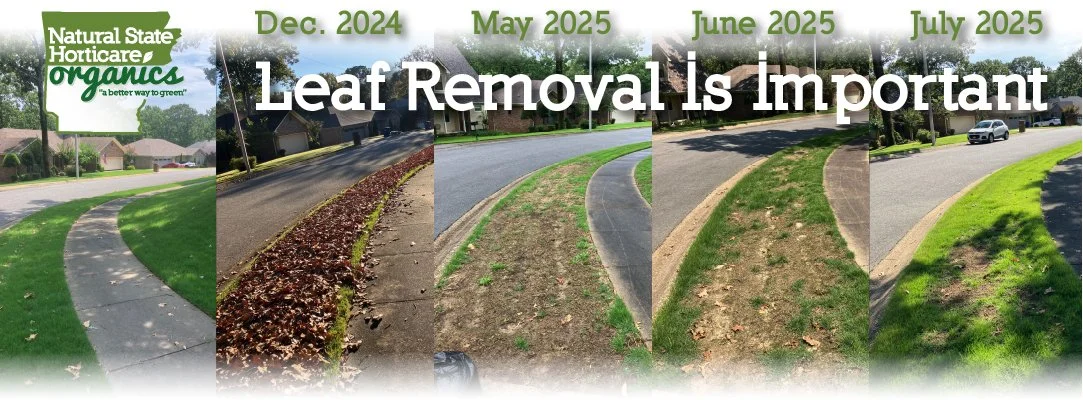
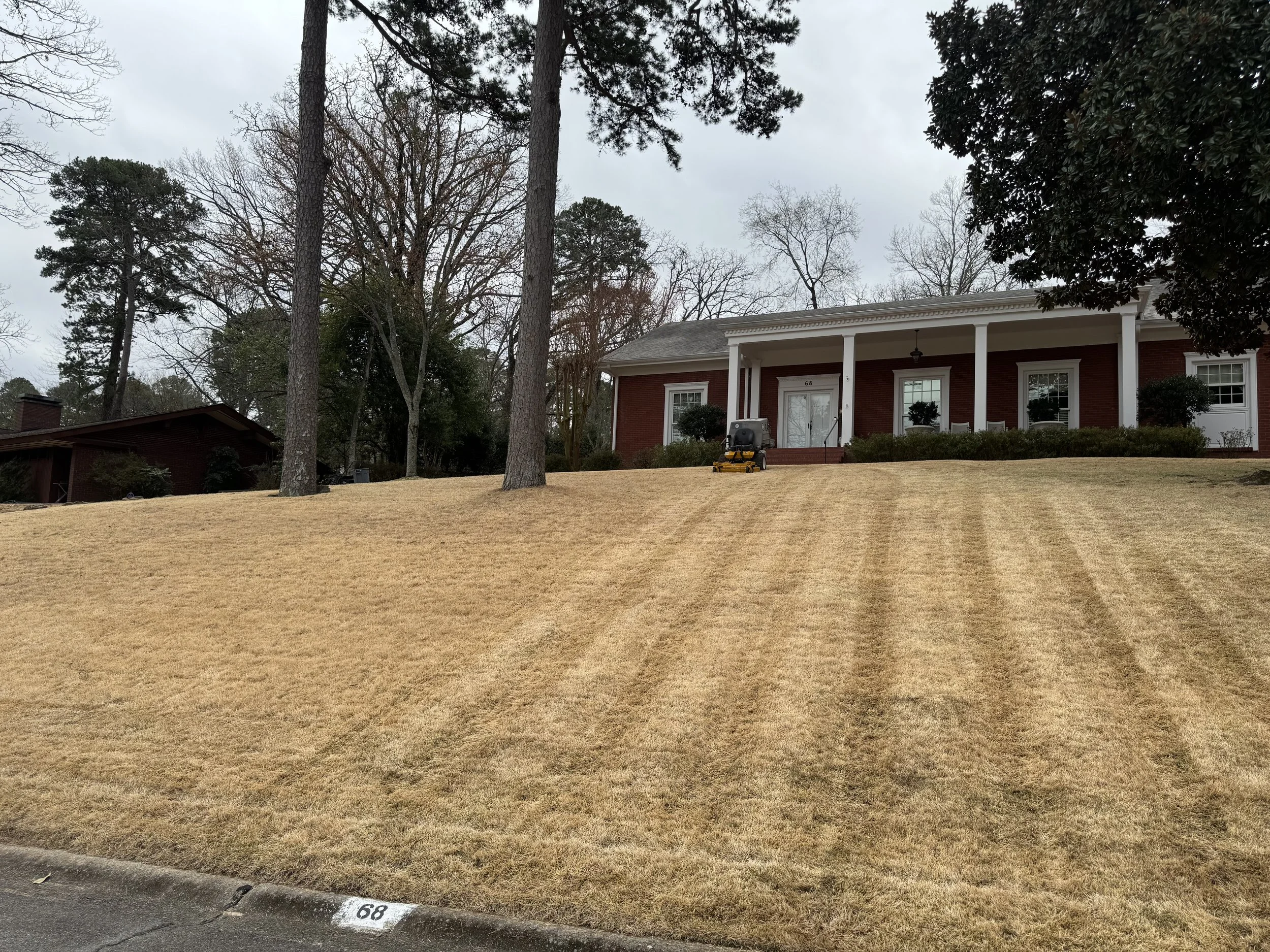
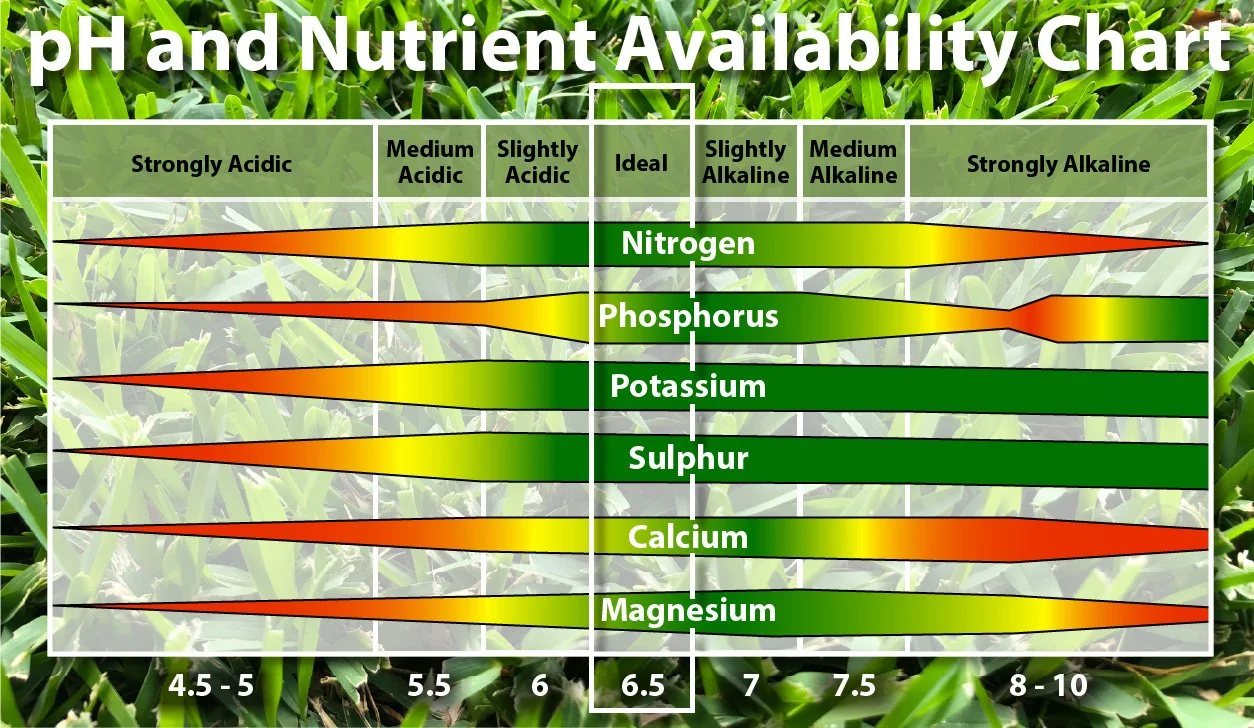
Potassium & Phosphorus:
Discover why potassium and phosphorus are critical for lawn health. Learn how soil pH impacts nutrient availability and how Natural State Horticare keeps your turf strong, resilient, and green season after season.
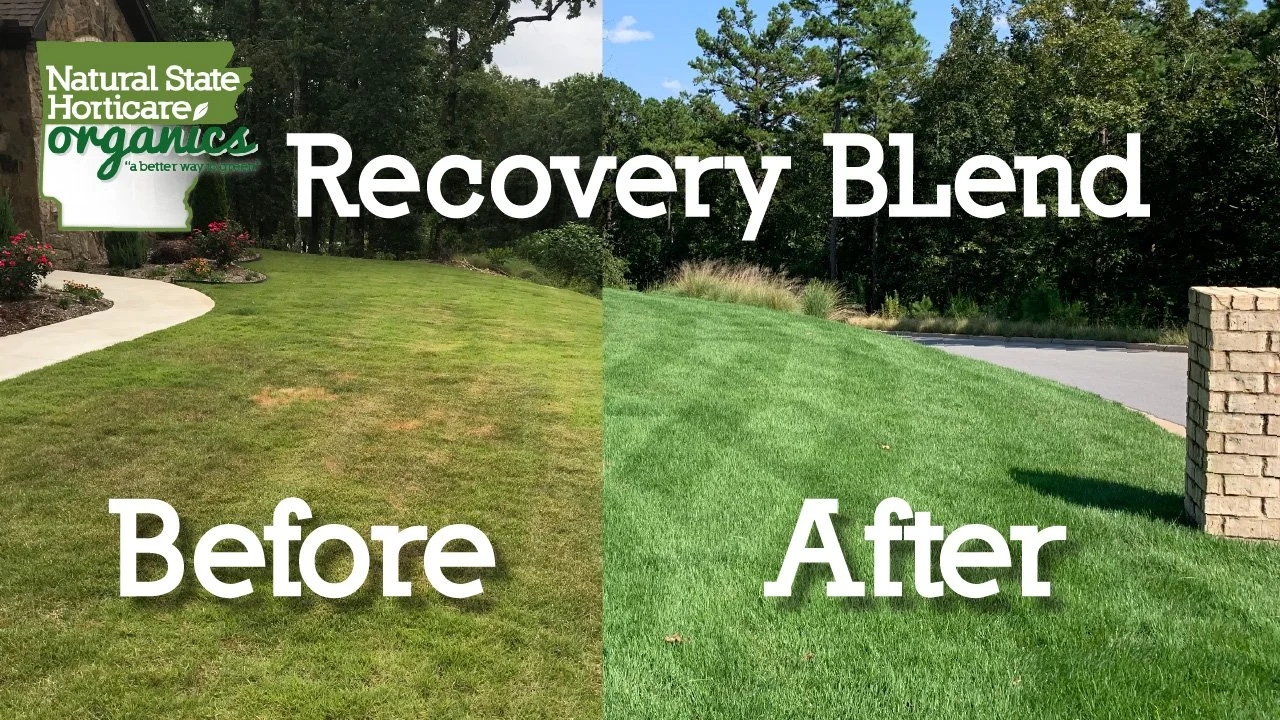
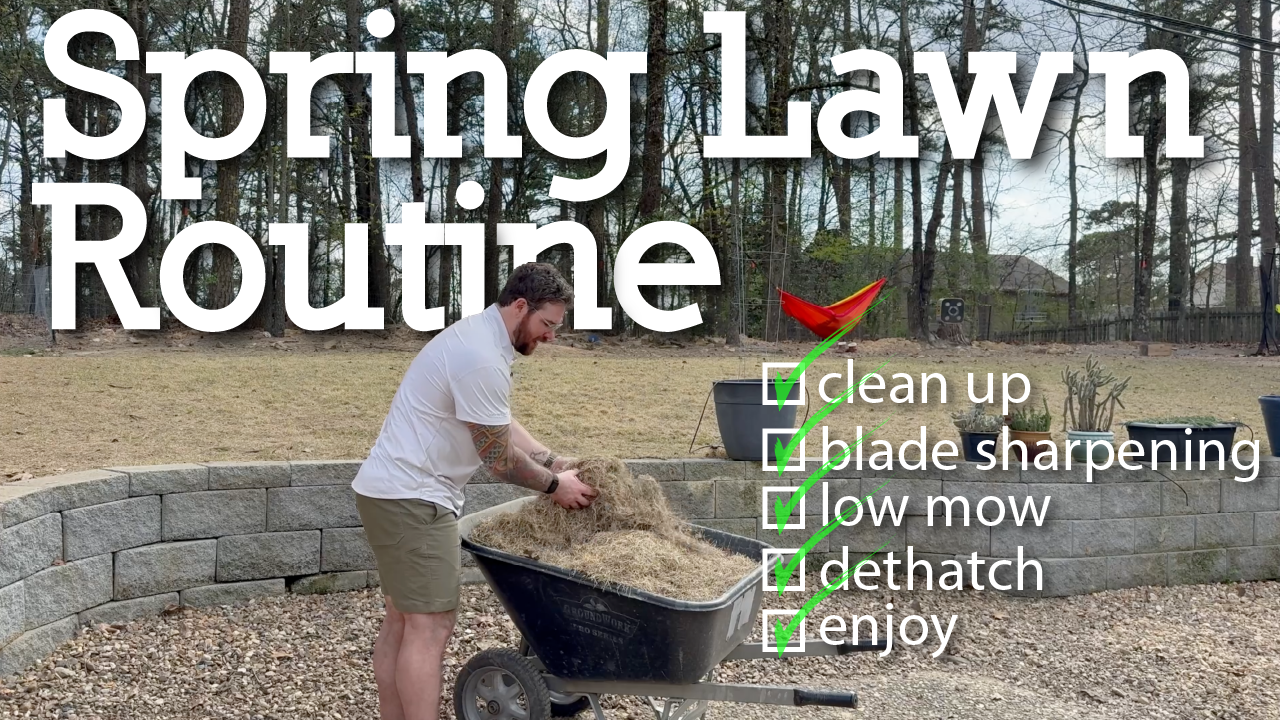
Spring Lawn Care Routine (video)
Spring Lawn Care Routine | Complete Step-by-Step Guide for a Lush Lawn 🌱 Ready to kick off the season with your best lawn yet? In this video, I walk you through my full spring lawn care routine—no shortcuts, no fluff. Whether you're a weekend warrior or a lawn care fanatic, this detailed guide covers everything you need to get your grass healthy, green, and thriving.

Cedar-Apple Rust
Learn how to identify, manage, and prevent cedar-apple rust and related rust diseases affecting junipers, apples, and crabapples. Discover symptoms, life cycle insights, and both organic and chemical control strategies to keep your landscape healthy.
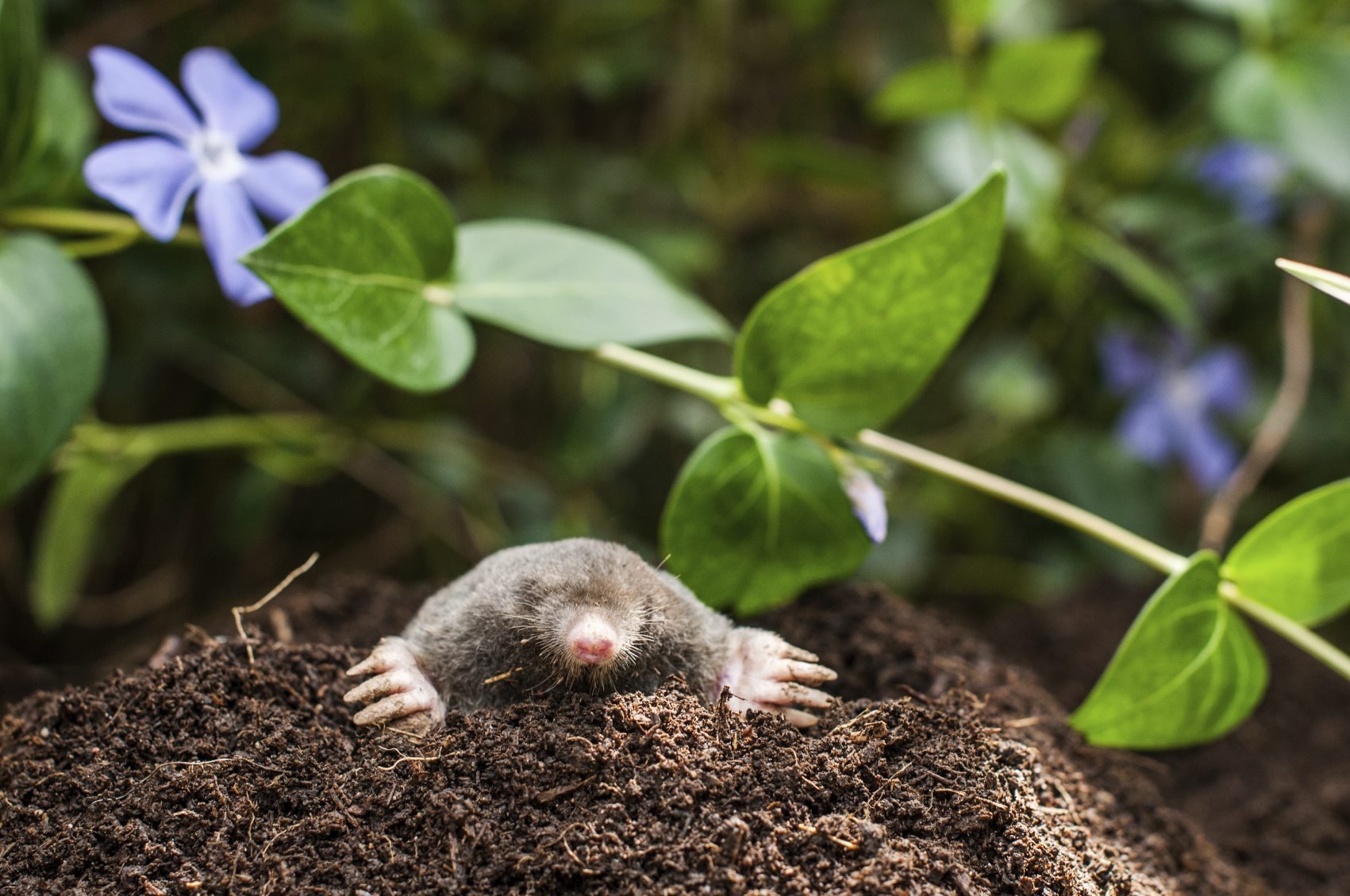
Mole Control
Got moles digging up your lawn? Learn how to identify mole damage, explore the most effective control methods—including traps, baits, and repellents—and get expert tips to prevent moles from coming back. Take back your yard today!

Chigger Control
Learn how to identify, prevent, and treat chigger bites with expert tips on chigger control. Discover the best products and natural solutions to keep your lawn and family chigger-free all season long!
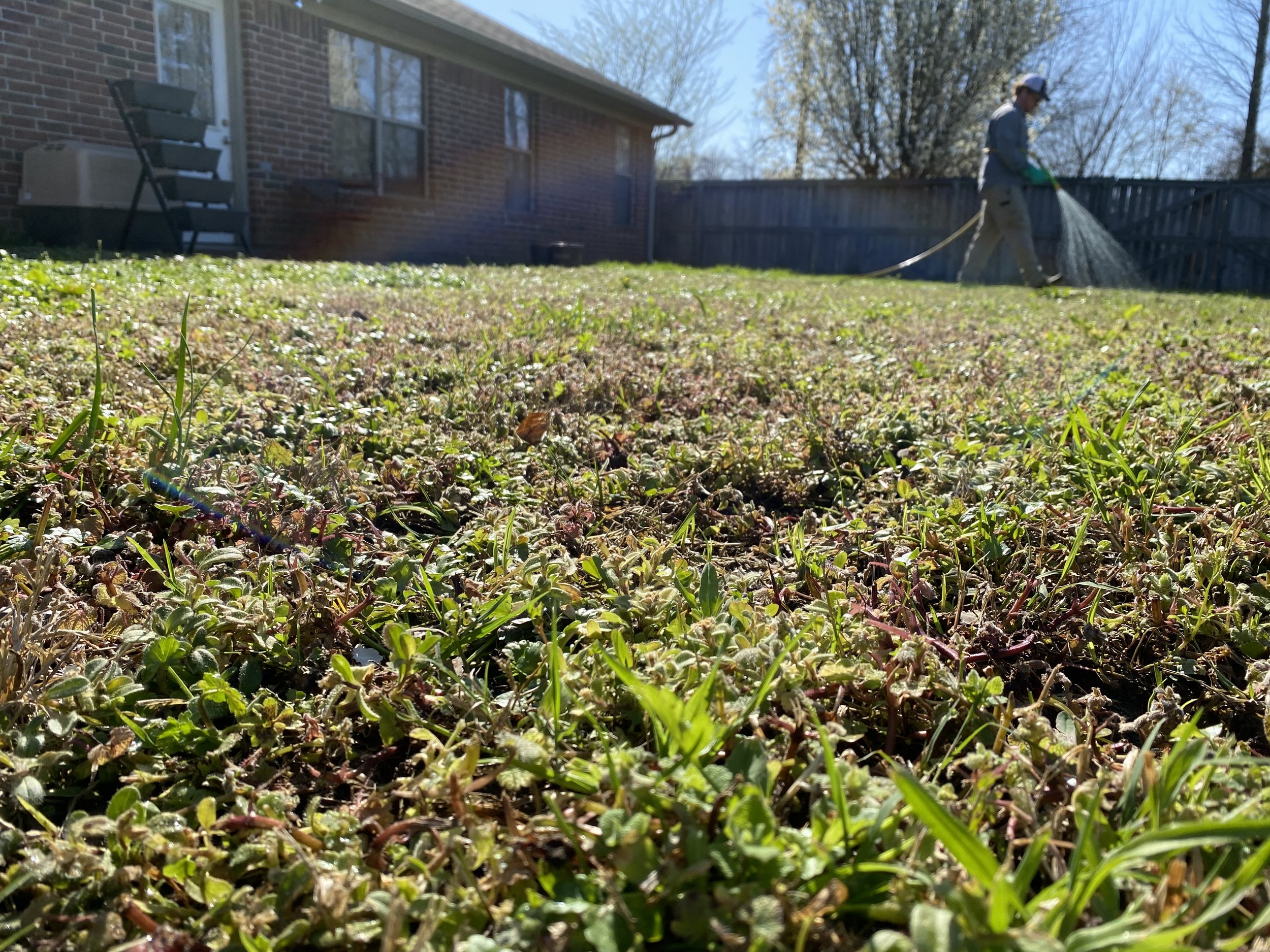
Weed Control
Learn how to control common weeds in Central Arkansas with expert strategies for broadleaf, grassy, and sedge weeds. Discover how cultural practices, pre-emergent, and post-emergent herbicides can keep your lawn weed-free year-round.

Bermudagrass
Learn how to care for Bermudagrass in Central Arkansas with expert tips on mowing, watering, fertilizing, pest control, and disease management. Keep your lawn healthy year-round with this complete guide.

Zoysia Grass
Learn how to care for Zoysia grass in Central Arkansas with expert tips on mowing, watering, fertilizing, pest control, and more. Discover the pros and cons of Zoysia and how to keep your lawn thriving year-round.

Winter Freeze Preparation
Prepare your landscape for a winter freeze with expert tips on protecting plants, watering before a freeze, using frost blankets, and mulching. Learn how to minimize winter damage and help your lawn and plants recover quickly. Read our full guide now!

St. Augustine Guide
Thinking about St. Augustine grass in Central Arkansas? Learn about its mowing, watering, shade tolerance, and disease risks. Discover the pros and cons of this warm-season turf and whether it’s right for your lawn. Read our full guide now!
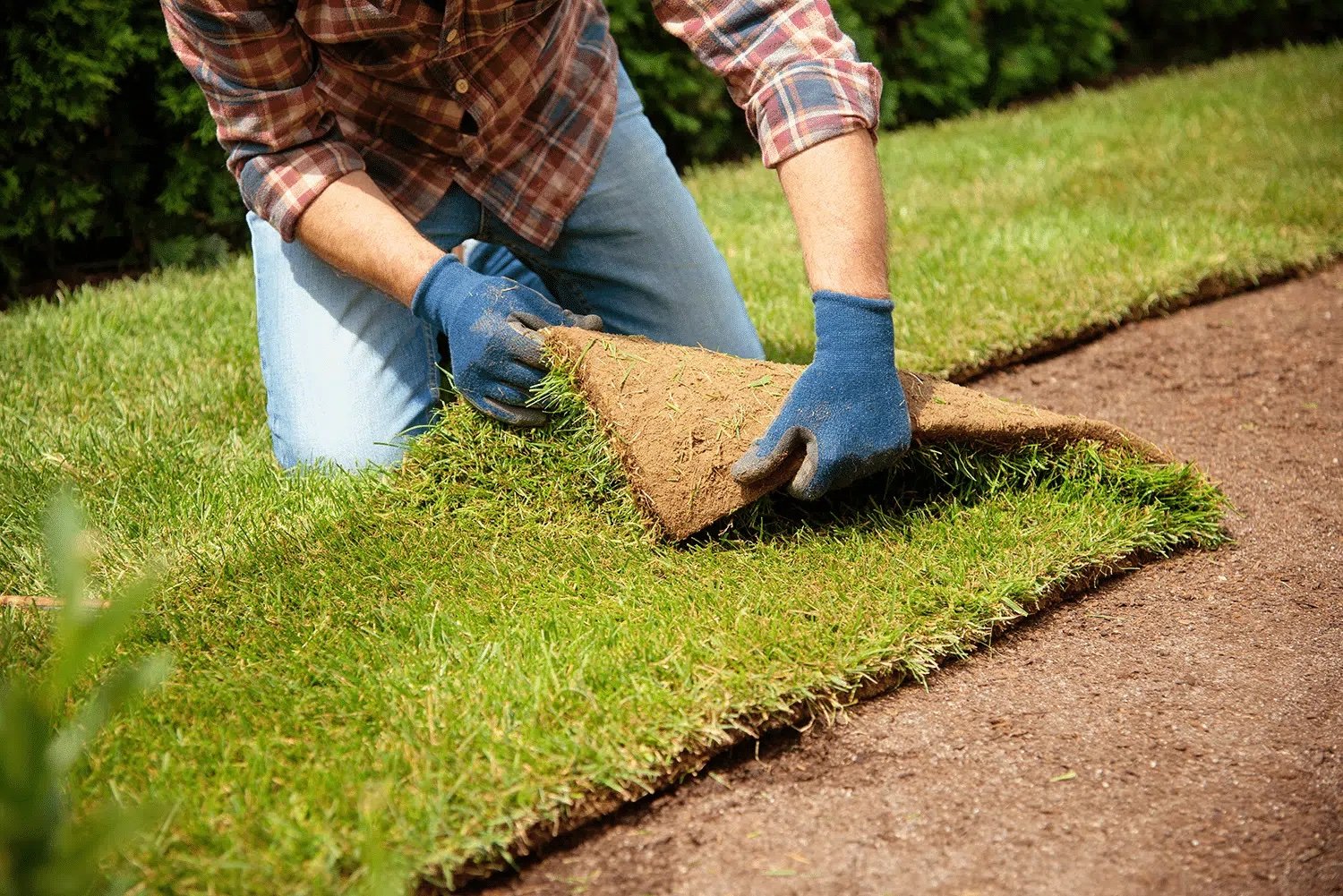
Sod Installation & Aftercare
Choosing the right sod is key to a healthy lawn. Learn how to select, install, and care for new sod, plus expert tips on soil prep, irrigation, and drainage solutions for long-term success. Read our complete sod care guide today!
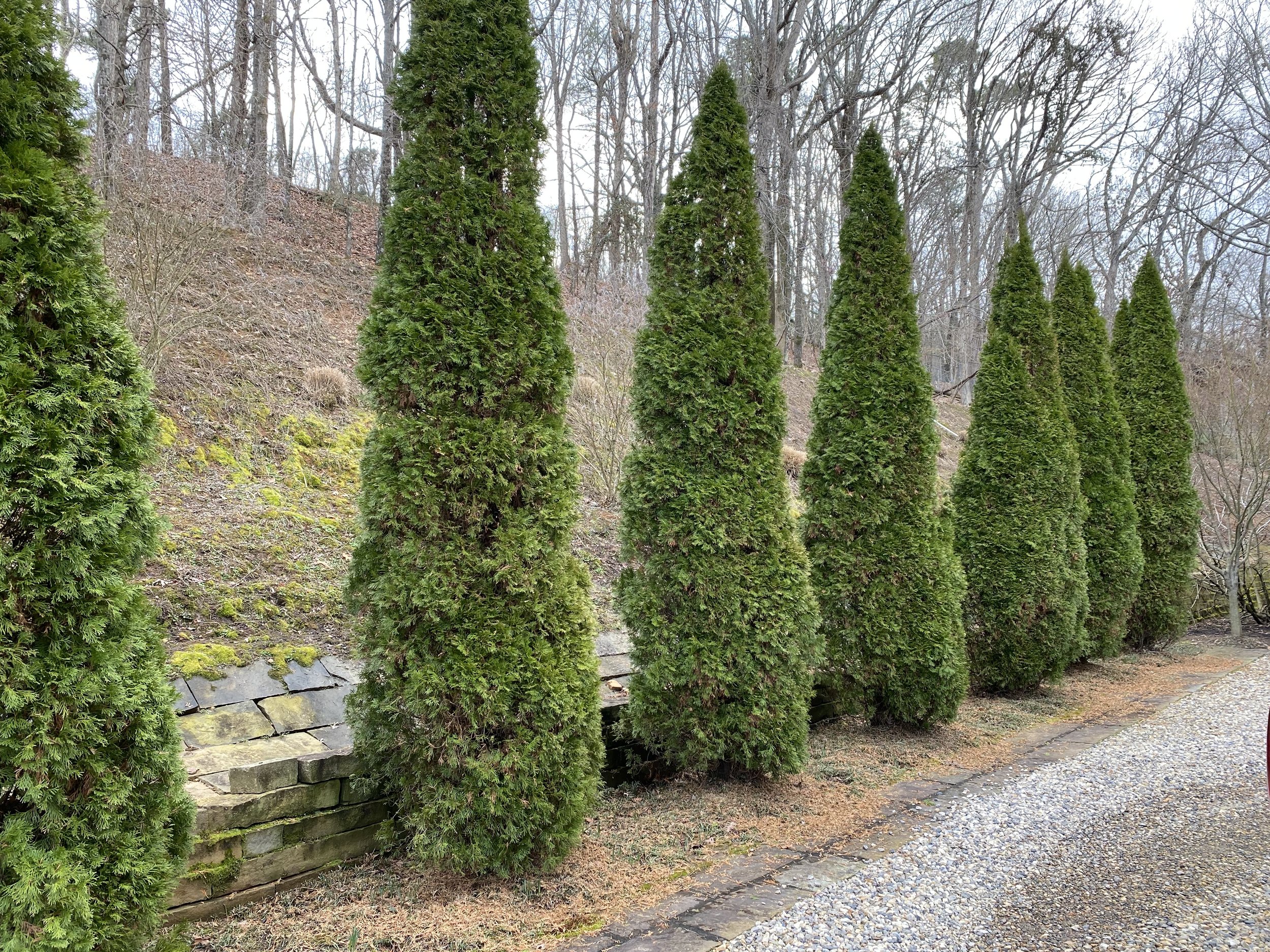
Needle Drop
Concerned about your evergreens dropping needles in fall? Learn the difference between normal seasonal shedding and signs of pests, disease, or environmental stress. Get expert tips on caring for pines, spruces, and arborvitae to keep your landscape healthy year-round. Read our full guide today!

Winter Frost Damage
Winter frost can wreak havoc on your lawn and landscape. Learn how to identify cold damage, when to prune, and the best recovery strategies for grass, perennials, shrubs, and annuals. Get expert tips on restoring your landscape and ensuring long-term plant health. Read our guide to winter frost damage recovery today!

Soil Testing
Discover how professional soil testing can transform your lawn! Learn why lab-quality soil analysis is superior to hand-held probes, how it identifies nutrient deficiencies, and how our expert team customizes treatments for optimal lawn health. Get science-backed lawn care with Natural State Lawn Program—read more today!

Nutgrass & Sedge Control
Struggling with nutgrass in your lawn? Learn how to identify, prevent, and control nutsedge with expert tips and professional treatments. Discover why nutgrass is so tough to eliminate and how our specialized herbicide applications can help. Get a lush, weed-free lawn—read our guide to effective nutgrass control today!
